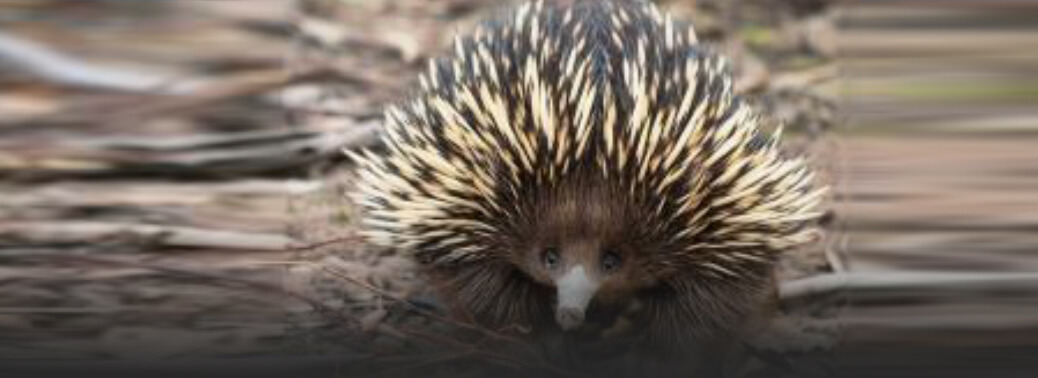MAGIC MILK: FIGHTING INFECTIONS WITH A CLUE FROM ECHIDNA
25, Apr 2019

Prelims level : Science & Technology
Mains level : GS-III Technology, Economic Development, Bio diversity, Environment, Security and Disaster Management
Why in News?
- Scientists at the Council of Scientific & Industrial Research – Centre for Cellular and Molecular Biology (CSIR-CCMB) have isolated an anti- microbial protein found in the milk of an egg-laying mammal.
Details:
- Echidnas, also known as spiny anteaters, are unique egg-laying mammals found only in Australia and New Guinea. Their young hatch from eggs at a very early stage of development and depend completely on mother’s milk. But the mammary glands of the echidnas are devoid of nipples, forcing the young ones to lick milk from the mother’s body surface and potentially making them vulnerable to micro-organisms.
- However, nature protects its own. The milk of the echidna has a protein that can puncture the cell membranes of multiple bacterial species, thus destroying the source of infection.
- Scientist Satish Kumar from the research team said that there are ways to produce the protein in large quantities using E. coli. It can then be used to fight infections.
- The scientist pointed out that there is a rise of superbugs due to the indiscriminate use of antibiotics by the animal husbandry industry to raise livestock.
- The superbugs can cause mastitis, an infection of the mammary gland, in dairy animals.
- “These studies give us novel approaches to fighting infectious diseases taking clues from nature. They are the best way forward in this emerging scenario of increased infectious disease burden and resistance to current treatments
Superbugs:
- Superbugs are bacteria that have acquired resistance to several types of antibiotic drugs either through genetic mutation or through build-up of resistance over time. That is, antibiotics will have no effect on such bacteria.
Echindas:
- Echidnas, also called spiny anteaters, are mammals
- Echidnas are one of the world’s oldest surviving mammals.
- They are egg-laying mammals.
- It is listed as ‘least concern’ in IUCN classification.
- However, the short-beaked echidna found only in Australia and Papua Guinea is threatened. The main threats are land clearing and habitat loss, traffic, feral cats and potentially the rapidly changing climate.






